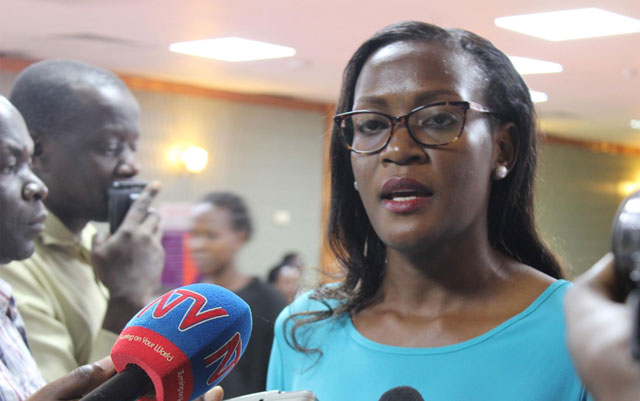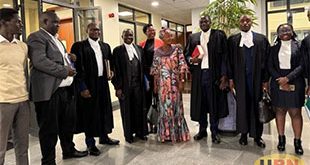
Kampala, Uganda | THE INDEPENDENT | Public trust in the information disseminated by both Radio and Television in the country has remained consistent in the last two years, a research conducted by Tweweza in December 2020 has revealed. The findings were released this morning to coincide with the World Press Freedom Day celebrations organised by the Uganda Editors’ Guild at Kampala Serena Hotel.
The insights are based on data from Sauti za Wananchi, Africa’s first nationally representative high-frequency mobile phone survey. In a brief titled “Ugandan citizens’ experience and opinions on the media”, six out of ten respondents (61 percent) say that they trust completely information heard on the radio.
This is slightly higher compared to the data collected in 2019, which indicated that 60 percent of citizens trust information they hear on radio. The same data indicates that public trust in the information disseminated by Television has remained consistent for the past two years (45 percent) while the number of citizens who trust information obtained from other sources like public meetings, newspapers, social media has dropped.
In particular, public trust in information obtained from Newspapers has reduced from 27 percent in 2019 to 23 percent in 2020. Marie Nanyanzi, the Senior Programs Officer at Twaweza says that the findings are based on data collected from 1,500 respondents across Uganda from October to December 2020.
Aidan Eyakuze, the Executive Director Twaweza East Africa tasked media institutions to continue working towards building public trust by avoiding partisanship. He said that trust remains a big challenge affecting the media and it has implications on the economic viability of the industry.
Daniel Kalinaki, the Chairman Uganda Editors’ Guild, says that the diminishing trust in media information reflects on media literacy, growth of fake news and disinformation and failure by media practitioners to speak about the role of the media.
The findings also show that seven out of ten citizens (72 percent) cite radio as their main source of information, way above other media although it has declined since 2017 (79 percent). “The second-most widely cited source of information is TV, nearly doubling since 2017(16 percent in 2020 and 9 percent in 2017). Other sources of information remain very low in comparison,” said Nanyanzi.
He further revealed that citizen’s support for freedom of the press has slightly grown over the past year. “A majority of citizens (57 percent) say the media should be able to publish without government control, preferring this statement over the alternative, that the government should have the right to control what the media can publish,” reads the data brief.
The data brief also says that the majority of citizens prefer statements in support of freedom of expression over statements that favour restrictions. Eight out of ten citizens (77 percent) reported that the media should constantly report on government mistakes and corruption and those citizens should be equally allowed to criticize national leaders.
Only 20 percent citizens reported that freedom to criticize leaders is harmful. The World Press Freedom Day is this year celebrated under the theme “Information As a Public Good.”
*******
URN
 The Independent Uganda: You get the Truth we Pay the Price
The Independent Uganda: You get the Truth we Pay the Price



